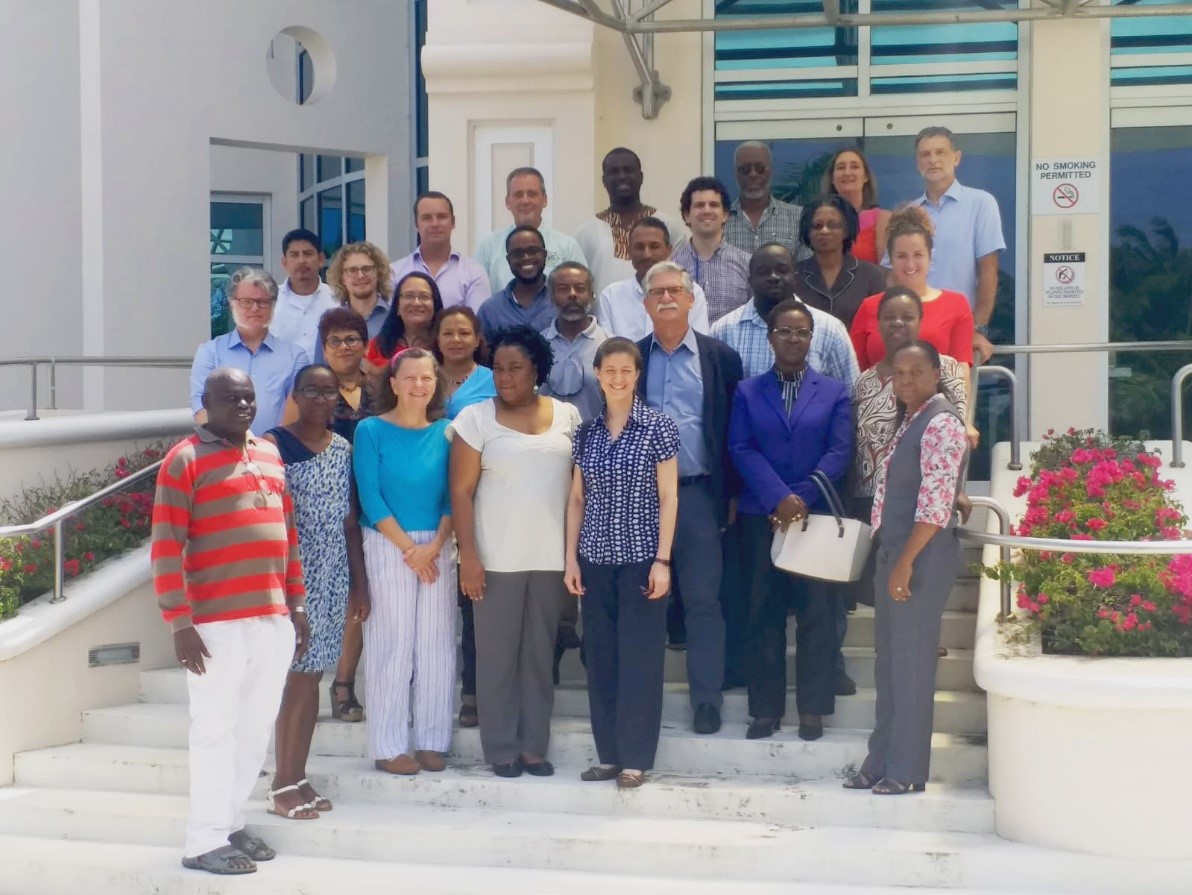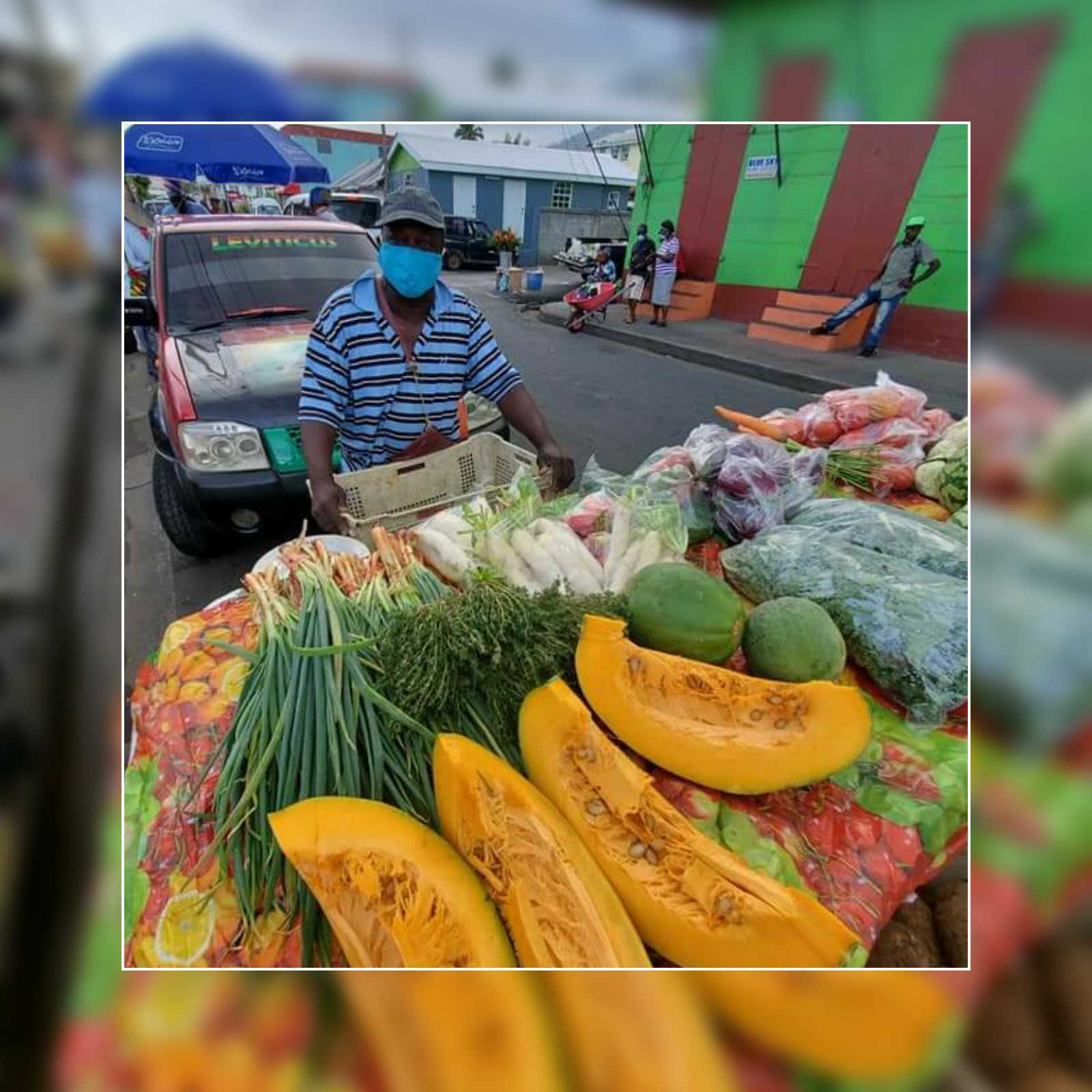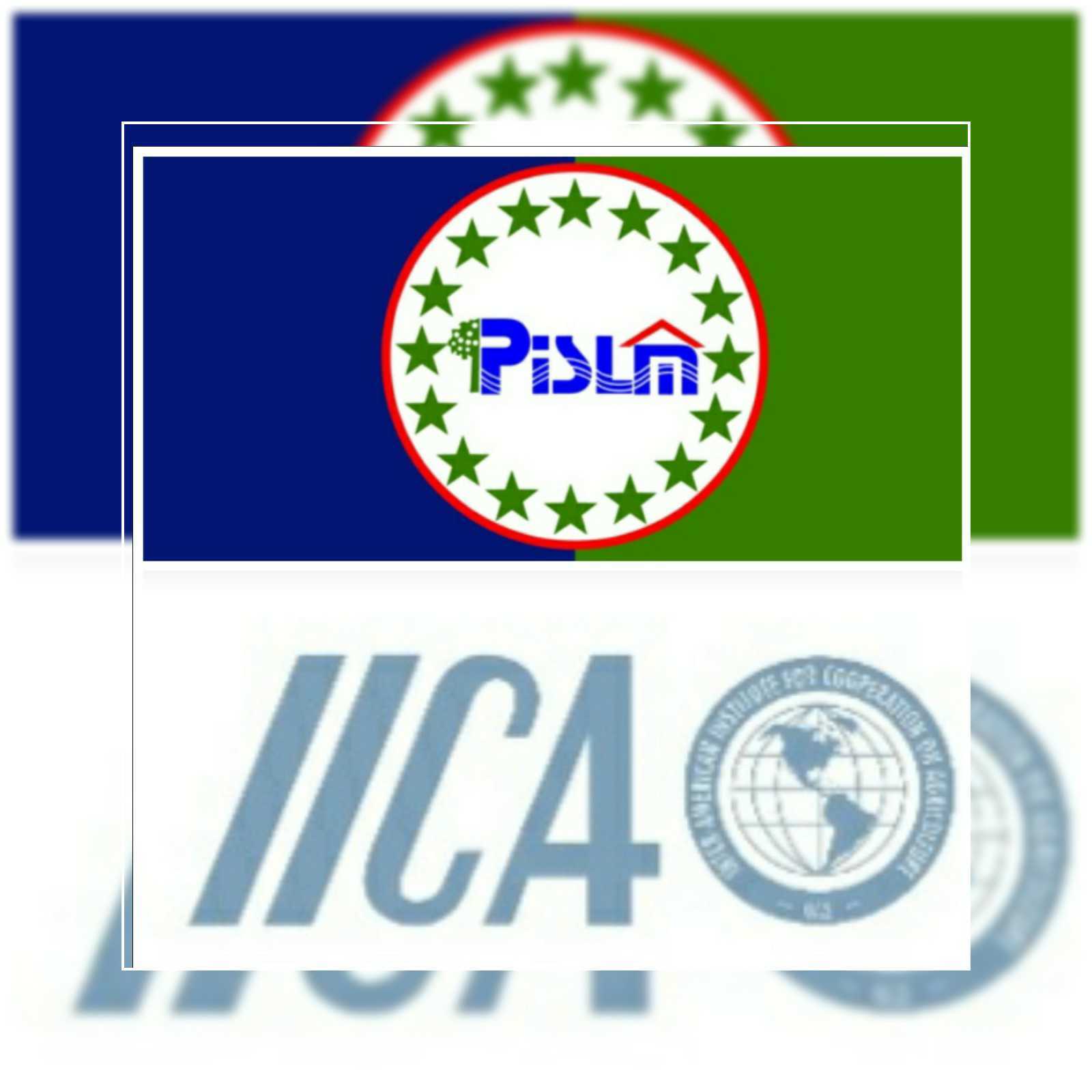
October 22, 2020 – Bridgetown, Barbados – The West Central Atlantic Fishery Commission (WECAFC) based in the Food and Agriculture Organization of the United Nations (FAO) office in Bridgetown, Barbados is convening the second meeting of the Fisheries Data and Statistics Working Group. The meeting was initially planned to be held in Panama in March 2020, but will now be convened virtually from 12 to 16 October 2020 given the uncertainties created by COVID 19 pandemic.
During the meeting, the critical issue of availability of timely and reliable statistics to support evidence based fisheries policy making which is a priority in the WECAFC region, covering the Gulf of Mexico, the Caribbean Sea and the West Indies, as well as the Northern Brazilian shelf will be discussed.
In a global context of growing demand for fisheries statistics, ranging from contributing to the sustainable development goals (SDGs), through assessing impact of climate change on fisheries and define policy for sector adaptation to changes, to fighting against Illegal, Unreported and Unregulated Fisheries (IUU) including managing regionally shared stocks such, the joint Caribbean Regional Fisheries Mechanism (CRFM), Organization for Fisheries and Aquaculture for Central America (OSPESCA), French Research Institute for the exploitation of the Sea (IFREMER) and Caribbean Fishery Management Council (CFMC) Fisheries Data and Statistics Working Group (FDS WG) was established in 2016 by WECAFC.
During its first meeting, the FDS WG laid the foundation of a common regional framework to promote harmonization and standardization of fisheries statistics production in the region. The resulting document, the Data Collection Reference Framework (DCRF) which is an innovative tool to analysis and reporting of fisheries statistics including their collection, collation, and submission, will be instrumental to support reinforcement of national capacity to produce timely and reliable statistics. The first version of the document was endorsed as the Interim DCRF during the 17th Plenary of the Commission held 15-18 July 2019, in Miami, USA.
Following five online preparatory sessions held during July to September 2020 with active contributions from several members of the working group, the second meeting of the FDS WG is expected to bring around a virtual table representatives from 25 WECAFC Members to review and validate key documents to finalize the Data Collection Reference Framework, to provide a roadmap for its operationalization through the WECAFC Regional Database and make recommendations to WECAFC for reinforced support to Members in fisheries data and statistics.
This meeting is being organized with support from FAO under the European Union funded project “Support to the activities of the transversal WECAFC, CRFM, OSPESCA, IFREMER and CFMC Fisheries Data and statistics Working Group”.
Lara Ferreira from Trinidad Fisheries Division recalled that “The FDS-WG will provide the required guidance/support to member countries to harmonize and strengthen their data collection systems. This will ensure that the required data inputs are available for management decision-making in general as well as national, sub-regional and regional stock assessments, the results of which will facilitate the implementation of appropriate fisheries management measures to ensure the sustainability of the fisheries in the WECAFC region. “
Marc Taconet, Chief of the FAO Fisheries Division Statistics and Information Branch based in Rome, remarked that many countries in the region are working very seriously to improve their fishery statistics. “This Working Group which helps provide some of the solutions which the countries need, including by facilitating the exchange of experience”, he said, “and I observe that participation has grown since its establishment. This is very heartening and we expect that some of the leading countries are on the brink to demonstrate that the investment in a reliable statistical system can pay off”.
National fishers will be the ultimate beneficiaries: indeed, these continuous efforts are providing governments with baseline information essential to help fishers to recover their livelihoods after a natural disaster, or with instrumental data in fighting against Illegal, Unreported and Unregulated (IUU) fishing. The data are likewise help for the recovery of healthy fish stocks that support food and nutrition security in a sustainable manner, and for all.






